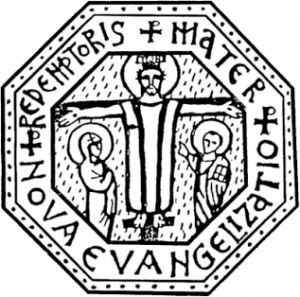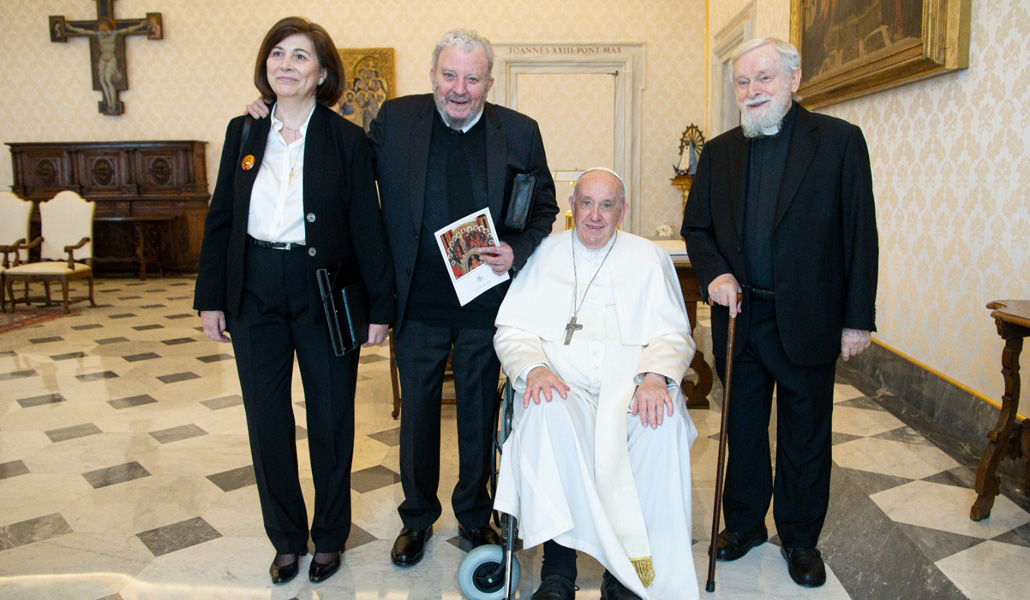
About the Redemptoris Mater Seminaries
Introduction
The spiritual gift which priests receive at their ordination prepared them not for a sort of limited and narrow mission but for the widest possible and universal mission of salvation ‘even to the ends of the earth’ (Acts 1:8), for every priestly ministry shares in the universality of the mission entrusted by Christ to his apostles. The priesthood of Christ, in which all priests really share, is necessarily intended for all peoples and all times, and it knows no limits of blood, nationality or time, since it is already mysteriously prefigured in the person of Melchisedech. Let priests remember, therefore, that the care of all churches must be their intimate concern. Hence, priests of such dioceses as are rich in vocations should show themselves willing and ready, with the permission of their own ordinaries (bishops), to volunteer for work in other regions, missions or endeavours which are poor in numbers of clergy … To accomplish this purpose there should be set up international seminaries … by means of which, according to their particular statutes and always saving the right of bishops, priests may be trained and incardinated for the good of the whole Church.” (Presbyterorum Ordinis 10)
Origin
Since the early years of the Neocatechumenal Way, Kiko and Carmen (Initiators of the Neocatechumenal Way, which has been approved by the Holy See as an itinerary of Catholic Formation on 11 May 2008) have felt the need to promote vocations to the priesthood and the consecrated life. The Redemptoris Mater Seminaries were born due to the urgency of preparing presbyters for the New Evangelization. The true novelty that is at the base of the Redemptoris Mater Seminary is the inspiration of Kiko and Carmen to combine the specific training of the Priesthood Formation with the itinerary of Christian Formation of the Neocatechumenal Way. Each seminarian in his time of formation takes part in a neocatechumenal community. This helps him to deepen their human formation by the relationship with families, young people, and adults and so to be prepared to collaborate with them in their future ministry as well as to mature in the faith.
